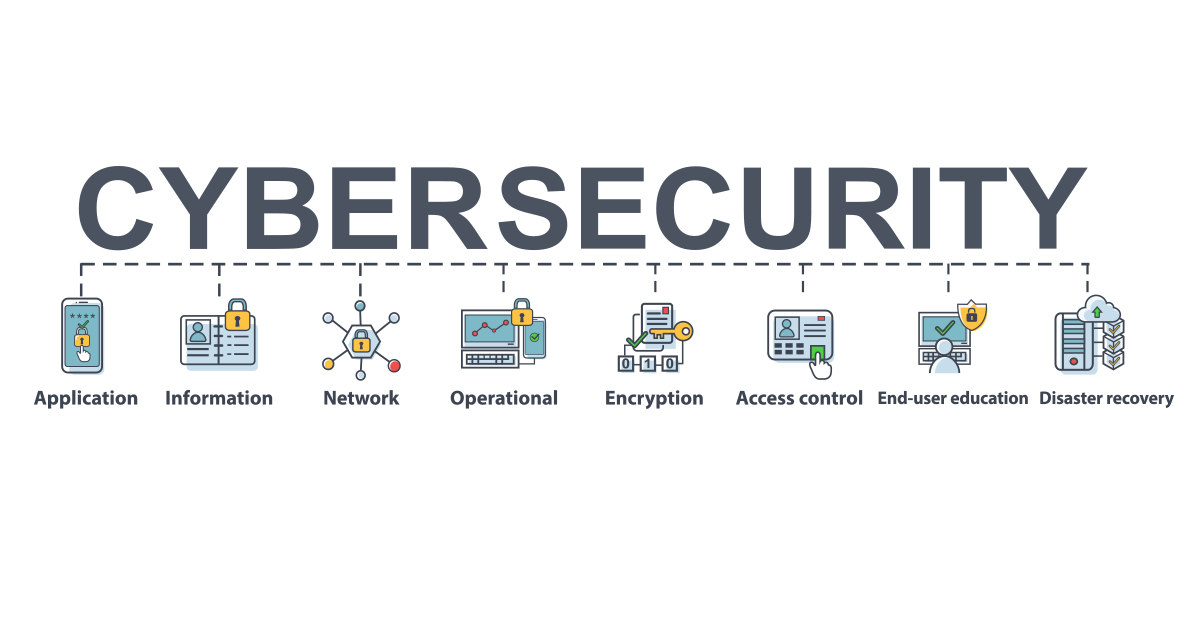Not known Facts About cybersecurity insurance
Not known Facts About cybersecurity insurance
Blog Article

1. Data violations: Fintech firms deal with sensitive economic details, making them a prime target for cybercriminals. A solitary information violation can compromise millions of users' individual and economic data, resulting in extreme consequences.
2. Payment fraudulence: Defrauders make use of advanced techniques to manipulate payment systems, causing monetary losses for both consumers and businesses. Avoiding payment fraudulence needs sophisticated security procedures and consistent surveillance.
3. Conformity: Fintech firms have to abide by various monetary laws, such as GDPR, PCI-DSS, and AML/KYC. Making sure conformity can be a complex and taxing process, yet failure to do so can result in large fines and reputational damages.
4. Inadequate safety and security steps: Fintech companies frequently focus on rate and development over protection, causing inadequate defense against cyber hazards. This can reveal individuals' information and monetary information to considerable risks.
Fintech software application development need to address these cybersecurity tests to protect individuals' interests and preserve public trust. }
The financial technology market is undertaking a significant change, presenting unique methods to handling funds. Nonetheless, the rapid development yields fresh obstacles, specifically in the realm of cybersecurity. These difficulties present problems about the reliability and security of monetary systems and might undermine your credibility as a credible fintech service provider. Learn more at
In this post, we'll look into the 4 main cybersecurity dangers that fintech business come across and use sensible remedies to aid minimize them.
"Cybersecurity Threats Evolve"
A malware strike describes any type of malicious software planned to hurt a individual's computer or server. These damaging programs are produced and distributed by cybercriminals for different objectives, with the typical objective of swiping individual, monetary, or business data.
Ransomware, a type of malicious software, remains to be the most report from Statista exposed that in 2023, 72% of organizations experienced a ransomware assault. Wondering just how to stay risk-free? Right here are a couple of recommended protection methods.
maintain your computer and software updated;
only use a trusted anti-virus;
never open web links that originate from unidentified senders.
Emerging Technologies
The speedy welcoming of sophisticated innovations such as blockchain, AI, and IoT by fintechs provides significant possibility for growth and development, but it additionally introduces new protection difficulties. For example, AI-driven systems can be made use of to determine weaknesses in networks and systems, while IoT strikes target devices attached to the web, jeopardizing their information storage and collection abilities. Although choosing secure tools can reduce IoT threats, combating AI-powered assaults necessitates a extra innovative method.
adopt a split safety and security technique;
conduct understanding training for employees;
application of AI-powered safety and security tools.
Insider Risks
A fintech company's greatest hazard can originate from within. Employees or service providers with authorized access to delicate data or systems can posture a considerable risk, referred to as expert threats. These hazards can be intentional, where delicate information is swiped and offered deliberately, or unintended, where private info is accidentally revealed, causing injury to the organization. Efficient strategies to alleviate insider dangers include carrying out durable gain access to controls, checking user actions, providing routine training and awareness programs, and executing case reaction intends to address prospective protection breaches.
audit of your group's access benefits;
execution of password protection policies;
education and learning of your group on how not to end up being the targets of phishing.
Third-Party Vendors
Fintech firms frequently depend on external vendors for tasks such cybersecurity college as handling payments or storing data. This dependence on third-party service providers in the development of fintech software can create various opportunities for cyber threats. It is essential for fintech firms to extensively explore the third-party suppliers they companion with, which includes conducting background checks and security analyses to ensure that robust safety and security protocols hold.
To sum up, the fintech industry is increasingly being welcomed internationally, but the ongoing hazard of hackers means that cybersecurity continues to be a major obstacle in the growth of fintech software application.
Acknowledging this, S-PRO https://s-pro.io/, an innovative software program advancement company, positions a strong focus on carrying out advanced protection procedures in its fintech projects, making certain that both its clients and end-users benefit from the highest degree of protection versus cyber risks. Report this page